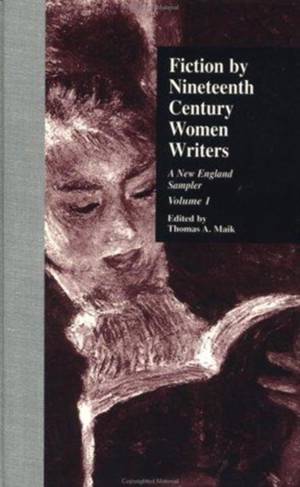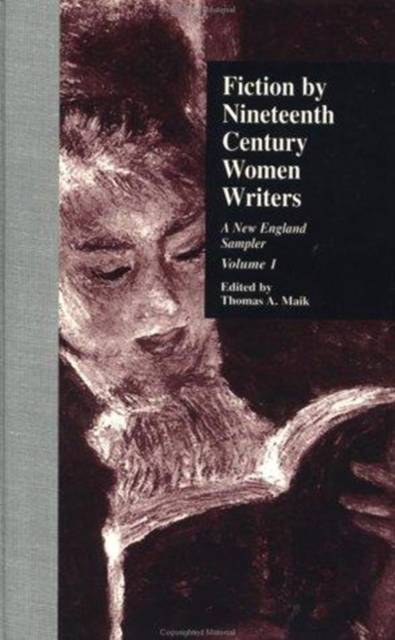
- Afhalen na 1 uur in een winkel met voorraad
- Gratis thuislevering in België vanaf € 30
- Ruim aanbod met 7 miljoen producten
- Afhalen na 1 uur in een winkel met voorraad
- Gratis thuislevering in België vanaf € 30
- Ruim aanbod met 7 miljoen producten
Zoeken
Fiction by Nineteenth Century Women Writers
A New England Sampler
€ 131,45
+ 262 punten
Omschrijving
In an era following the Civil War which saw change and transformation everywhere, new magazines emerged to record and report the change. Responding to the call for material to fill their pages, writers in regions such as New England, the West, and the South answered, most often with short stories. In fact, short fiction became the literature of choice for an emerging mass audience. And increasingly the voices of women writers found resonance in the pages of Harper's New Monthly, Putnam's, and Galaxy, to name a few of the newly established magazines. In New England, writers such as Sarah Orne Jewett, Mary Wilkins Freeman, Harriet Beecher Stowe, Louisa May Alcott, Harriet Prescott Spofford, Sarah Johnson Prichard, and Rose Terry Cooke found a voice within the pages of these magazines. Although read widely in the late nineteenth century, increasingly these women writers-with a few exceptions-began to be marginalized early-on in the twentieth century. Besides expanding the canon, this collection of selected short stories by these seven New England writers attempts to restore what has been for many of them in this century either a diminished or even a lost voice.
Specificaties
Betrokkenen
- Uitgeverij:
Inhoud
- Aantal bladzijden:
- 332
- Taal:
- Engels
- Reeks:
- Reeksnummer:
- nr. 10
Eigenschappen
- Productcode (EAN):
- 9780815331896
- Verschijningsdatum:
- 1/06/1999
- Uitvoering:
- Hardcover
- Formaat:
- Genaaid
- Afmetingen:
- 146 mm x 224 mm
- Gewicht:
- 566 g

Alleen bij Standaard Boekhandel
+ 262 punten op je klantenkaart van Standaard Boekhandel
Beoordelingen
We publiceren alleen reviews die voldoen aan de voorwaarden voor reviews. Bekijk onze voorwaarden voor reviews.







